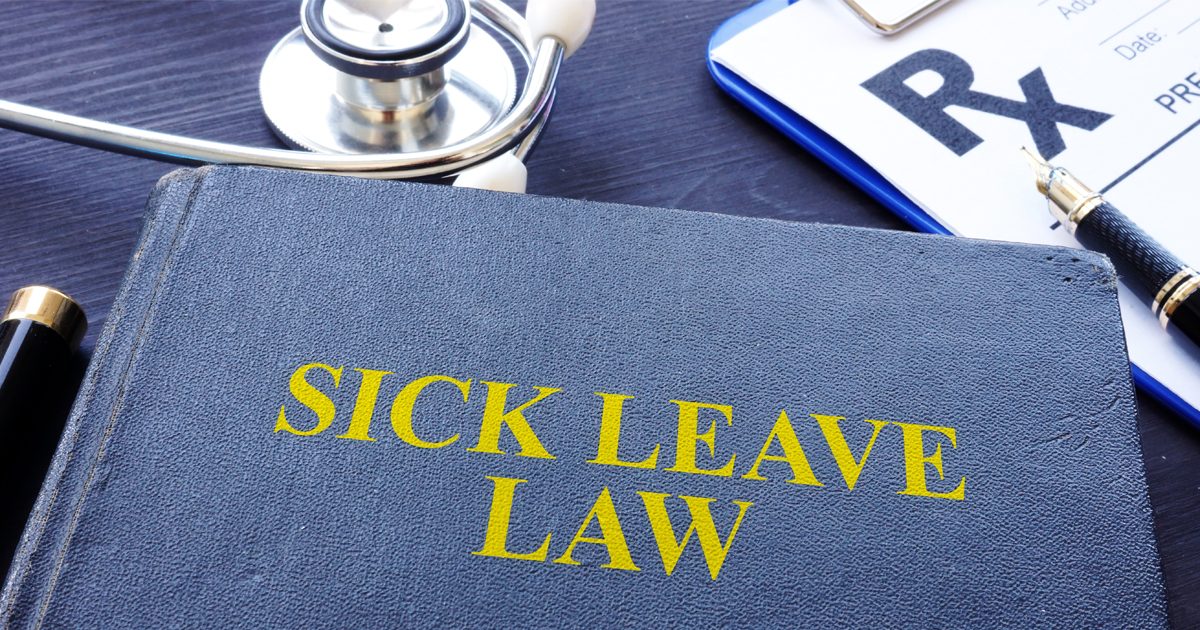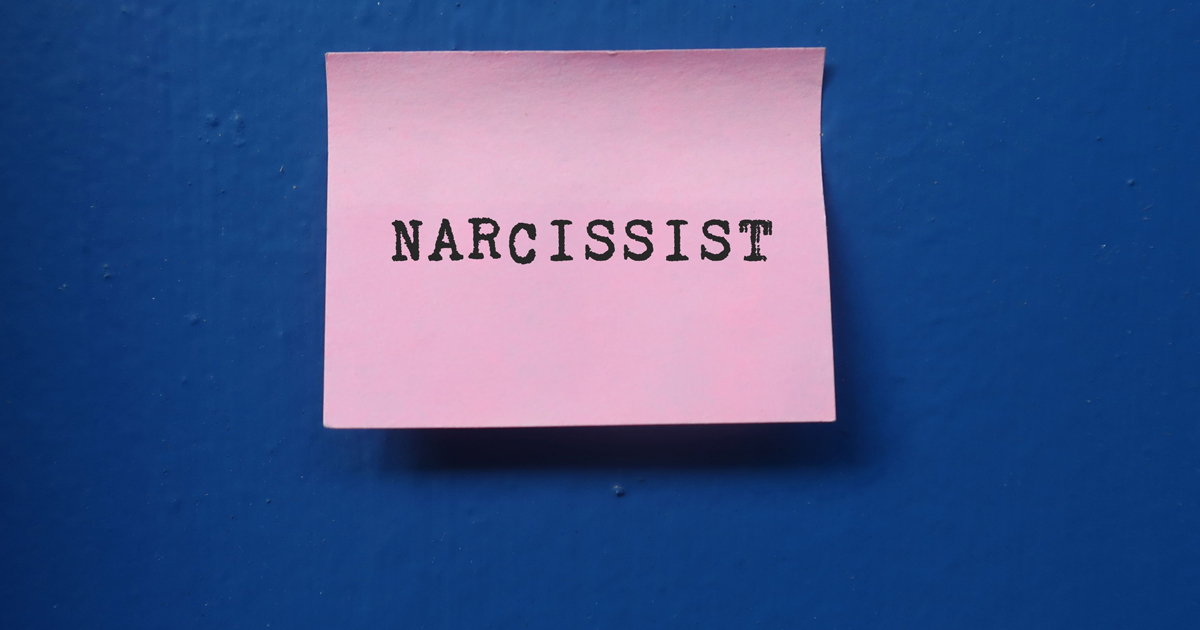What happens when you fall sick during your employment?
How many days of paid outpatient sick leave are you entitled to?
Can your employment be terminated while you are on sick leave?
This article seeks to address some frequently asked questions about sick leave in Singapore.
Pursuant to the recent amendments to the Employment Act (Cap.91) in 2018 (which came into force on 1 April 2019), all employees covered under the Employment Act (including managers and executives, workmen and non-workmen) will now be covered by the core provisions of the Employment Act, including entitlement to sick leave.
Notwithstanding the aforementioned, the Employment Act (Cap.91) is still inapplicable to seafarers, domestic workers, and public servants due to their nature of work, and separate coverage by other legislation.
The core provisions of the Employment Act relate to the entitlement of employees to:
- Salary payment
- Paid annual leave
- Paid sick leave
- Paid public holidays
- Employment records
- Dismissal
It is noteworthy that prior to the 2018 amendments to the Employment Act (Cap.91), the Employment Act (Cap.91) did not apply to executives and managers earning more than $4,500. This meant that previously, the entitlement of managers and executives who are earning more than $4,500 to sick leave and/or other general conditions of service will have to be determined by their employment contract and/or employee handbook (if any).
Number of days of paid sick leave under the Employment Act
The number of days of paid sick leave that you are entitled to is contingent on the period of service with your employer.
If you have served with your employer for less than 3 months, you will not be entitled to paid sick leave.
If you have served with your employer for more than 3 months but less than 6 months, you will be entitled to pro-rated paid sick leave as below:
| Months of service | Paid Outpatient sick leave (days) | Paid Hospitalisation leave (days) |
|---|---|---|
| 3 | 5 | 15 |
| 4 | 5 | 30 |
| 5 | 11 | 45 |
| 6 and more | 14 | 60 |
However, it must be noted that one’s entitlement to paid sick leave (both outpatient and hospitalisation) is capped to the amount of hospitalisation leave that he is entitled to.
This means that one’s entitlement to hospitalisation leave cannot exceed 60 days.
For example, if you have taken 10 days of paid outpatient sick leave in a year, you can only take 50 days of paid hospitalisation leave in that year.
Some employers may provide medical benefits that exceed those stated in the Employment Act. You should check your employment contract and/or handbook on these benefits.
Additionally, even if you are on probation, you will be still entitled to paid sick leave as long as you fall within the Employment Act (Cap.91) and your period of service is at least 3 months.
Conditions before entitlements to paid outpatient sick leave under the Employment Act arises
In order to be entitled to paid sick leave under the Employment Act, you must have informed or tried to inform your employer of your inability to report to work within 48 hours.
You must also be certified to be unfit for work by a medical practitioner registered under the Medical Registration Act or Dental Registration Act.
Paid outpatient sick leave is also not applicable for cosmetic procedures, although this may be covered under your company’s internal policy.
What if you run out of sick leave?
Generally, if you are sick and have utilized all your sick leave, the following options may be available:
- You can request to go on extended no-pay leave for an agreed period with your employer;
- You may make other working arrangements that are acceptable to you and your employer such as reallocation of duties or reducing your workload; or
- You can obtain a medical assessment to see if it is suitable for you to continue with your current job scope and see if any adjustments thereon can be made.
Can my employer terminate me if I have to take an extended amount of leave?
Generally, termination of employment should be used as a last resort and employers are strongly discouraged by the local authorities to terminate their employee’s employment to escape their obligations under the Employment Act.
Nevertheless, there may be situations where the employer may deem the employee to be too ill and unfit for the job or where the extended amount of sick leave taken has negatively impacted the company’s operations.
In such cases, the employer may terminate the employee’s employment after giving due notice or pay in lieu of notice.
If you wish to know more about your rights to sick leave as an employee or is an employer looking to terminate your employee’s employment pursuant to extended sick leave, please feel free to consult our team of Corporate & Employment Law lawyers here at Gloria James-Civetta & Co to learn more about your rights as an employee or obligations as an employer.












